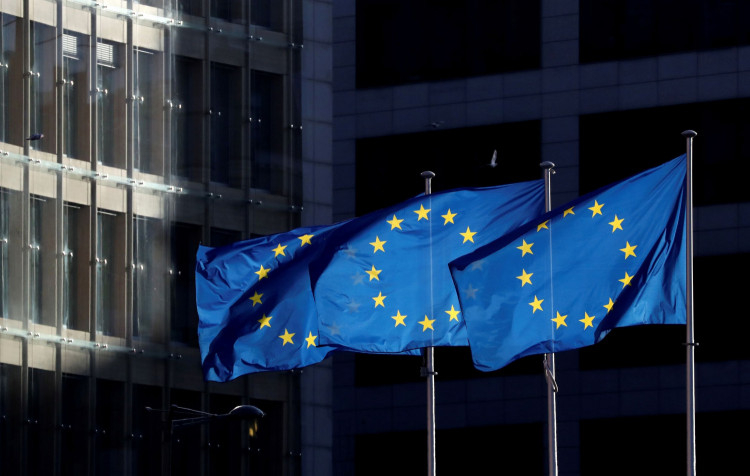Just a few days before the European Central Bank (ECB) prepares for its ninth interest rate hike, newly released economic data suggests that the eurozone economy is facing a risk of recession. However, this bad news for the economy has strengthened expectations that the ECB will end its rate hikes, leading to a surge in both European stocks and bonds.
On Monday, according to data released by IHS Markit, the eurozone's manufacturing Purchasing Managers' Index (PMI) dropped from 43.4 in June to 42.7 in July, significantly lower than the anticipated 43.5. This marks the lowest level since June 2020. The services PMI decreased from 52 in June to 51.1, falling short of the forecasted 51.6.
Some economists point out that with the service sector continually losing momentum, the eurozone economy may further shrink in the coming months.
Despite a 0.8% drop in Spain's benchmark IBEX index due to political gridlock caused by Sunday's election, it did not dampen the generally positive sentiment in the European stocks. The pan-European Stoxx 600 index rose 0.1%, recovering its earlier losses and hitting a five-week high.
10-year German bonds also saw a significant increase, with their yield dropping 7 basis points to 2.40%. The euro also took a hit, falling 0.5% to $1.1066, the lowest since July 12.
It's worth noting that Nomura Securities believes the July interest rate hike by the ECB could be the last in this cycle, unless inflation data released after the rate decision meeting presents a "major surprise".
Nomura predicts that due to concerns about being contradicted by the data, the ECB might not forecast whether it will hike rates in September. Instead, the bank is likely to use vague language to leave room for its monetary policy options.
Since last July, the ECB has hiked interest rates eight times, totaling 400 basis points. Last month, the eurozone's month-over-month Consumer Price Index (CPI) inflation rate was still a high 5.5%, far from the 2% target. Despite a slight decrease in inflation last month, the decline was mainly due to falling natural gas prices, not interest rate hikes. The so-called core inflation rate, excluding energy and food, is still higher than a year ago.






